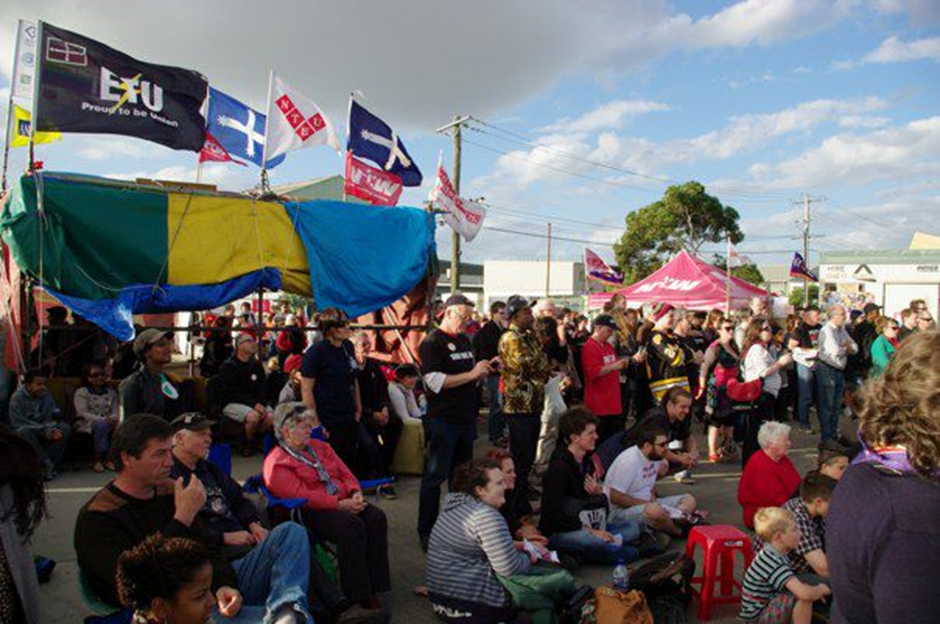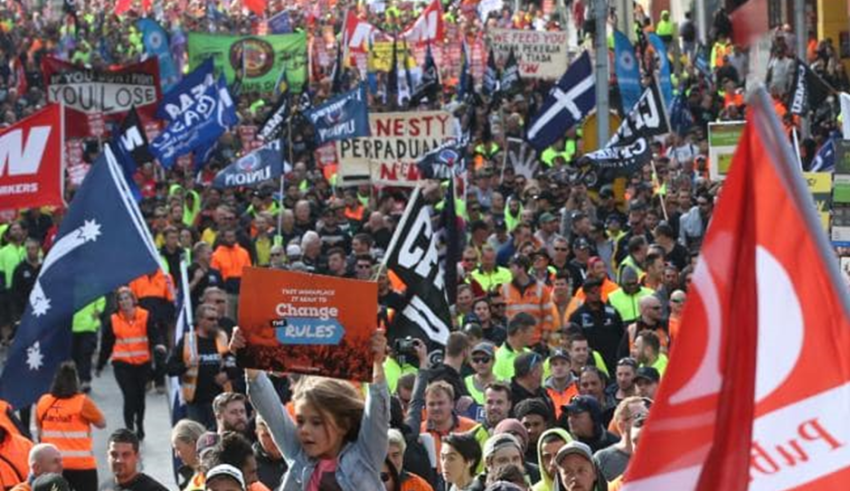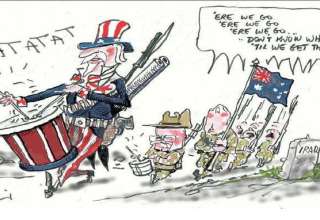By Brian Boyd
Former Secretary of the Victorian Trades Hall Council
This year has seen the union movement come under much scrutiny. Such scrutiny is not new and has always occurred.
Unions are combinations by groups of workers coming together to achieve common goals for working people. The selling of their labour power to employers, provides an opportunity to do this. By denying or even proposing to deny their labour, workers collectively can seek to improve on what they are paid, their working conditions their workplace health and safety, and importantly take on wider social grievances.
Unions are an important vehicle for the working-class. The role of unions is enhanced when working-class politics governs their functions and day-to-day operations.
Since their inception, unions have always been under attack by the employer -class, aided by governments of all persuasions. Every ‘trick in the book’ is and has been used by the employing-class to thwart effective unionism. From police harassment, strikebreaking tactics, the regular use of the legal system, bribery, inducements, even offers of seats in parliament or well-paid bureaucratic positions, are just to name a few of such trickery.
While some unions maintain and promote a pro-worker, activist and militant stance, others do not. Employer bodies and governments tend to ‘tolerate’ unions that they deem as ‘more moderate’. Regardless, if they had their way, they would prefer no unions at all, with every worker on individual contracts-the ingredients dictated by them.
The key reason for this constant anti-union approach is that unions can provide a vehicle that aids working people’s understanding of how the capitalist system works, especially how such a system is totally biased against the needs of the working-class.
Many improvements, beyond the day to day economic issues of workers, have been achieved with the assistance of the collective union movement. For example: Medibank/Medicare; maternity/paternity leave; long service leave; industry superannuation; opposition to war; support for aboriginal land rights; defending the right to protest and supporting a wide range of environmental concerns, just to name a few.

It is this particular ability of unions when effectively led, to contribute to struggles for better social and political change, that most worries the employer-class and their governments. Progressive, activist and politically aware unions not only aid the understanding of the capitalist system, they can and do encourage their memberships to participate in related campaign and protest activities.
That is why employer bodies, governments and the monopoly media exerts so much time and effort in trying to smear unions on a daily basis.
The capitalist-class will do anything to turn effective unions from being centres of protest and achievement into centres of submission and compliance.
Today union coverage in Australia is in decline. From five out of ten workers being in unions in the 1970’s, to approximately one in ten by the 2020’s.
This trend must be reversed.
It is in the interests of working people for this to happen. Poor, opportunistic and unacceptable activities of a small minority of union leaderships needs to be actively rejected by the rank-and- file. The monopoly media repetitively belt out the narrative that all unions are ‘a burden on the backs of workers’ and insist governments create even harsher restrictions on them, when they see an opportunity.
Unions, by definition, are not revolutionary organisations. They can however, under working-class leadership, become a vehicle to promote a range of progressive ideas and goals. Union leaders, guided by working-class principles and relying on rank-and-file solidarity, can block attempts by the employers and governments from undermining, how a union operates.
Rank-and-file workers must assert themselves to protect and expand unionism in Australian workplaces. The never-ending scheming by employers and governments, to attempt to curtail the working-class from acting collectively, must be challenged with eternal vigilance and clarity of purpose.
The defending of trade union rights is not only important for the day-to-day economic issues faced within individual workplaces, but also to assist in the ongoing campaigns to achieve a more modern, progressive and socially responsible society.
There is no time to waste.







